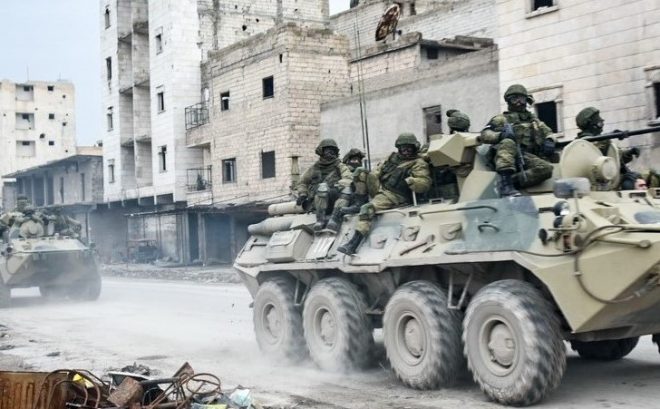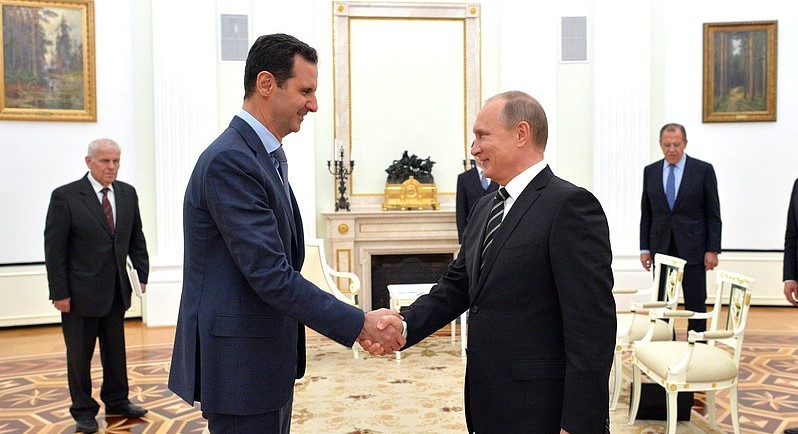Al-Assad continues to tighten his grip over Syria as more opposition-held cities fall to the government and its allies.
After seven years of conflict, the human cost of the war in Syria has been significant. Latest estimates from the Syrian Observatory of Human Rights (SOHR) and the United Nations refugee agency, UNHCR, suggest five million Syrians have fled the country and hundreds of thousands have been killed in a conflict that has involved many foreign actors, including Russia, the United States and Iran.
The eye doctor turned President has taken extreme measures against his very own people including usage of chemical weapons to name a few. Mass tortures, inhuman killings and deliberate bombings on civilians are just a few things he is famous for.
Bashar has ransacked a nation that deserved a better leader. He is the soft and silent looking guy in thriller movies who in the climax turns out to be the killer, a cold blooded serial killer.
Assad continues to use this strategy today because it works, Rebels who don’t have food or medical provisions quickly lose the will or the ability to fight.The situation in Syria is a tragedy of epic proportions, which can make it difficult to take a sober view. Nevertheless, such a view must acknowledge three crucial dynamics looking forward.

First, Assad won his war to stay in power. Granted, he rules a challenging, fragile, and fragmented Syria; one where violence will not cease in the coming years nor will efforts to unseat him.
Second, the situation in Syria is a proxy war in a much larger geostrategic game, and any assessments of the dynamics and attendant policy recommendations must take that into account.
Third, the “easy” part is over. A number of disparate parties involved in the Syria conflict—internal to Syria, regionally, and globally—largely agreed that ISIS must be crushed and have been successful in doing that.
Now after years of siege, airstrikes and shelling attacks by the regime and its allies, ground troops have pushed inside the suburbs, breaking the opposition enclave into separate parts.
Backed into a corner, rebel groups in the enclave are beginning to admit defeat. Ahrar al-Sham became the first main faction of fighters to surrender to the Syrian army, in a deal that bused them and their families into exile in the northern province of Idlib.
An another larger group looked like it was willing to follow suit: Faylaq al-Rahman rebels announced a tentative pause in fighting and the start of negotiations with the regime and its allies. So far though, the ceasefire has failed, airstrikes have continued unabated and no deal has been reached.

In taking back eastern Ghouta, the regime would bring an end to the last main opposition-held enclave in Damascus. But as the prospect of a rebel surrender grows more likely, many questions over the future of the more than 350,000 residents that aid groups estimate are in eastern Ghouta remain. Whether civilians will be allowed to stay in their homes after the government retakes the territory, and what happens to rebel fighters, is the subject of intense negotiations.
But so far the fate of eastern Ghouta looks similar to that which befell other defeated rebel enclaves in Damascus and its suburbs, many rebel groups started losing their grounds and the Syrian army is capturing all the major areas.
Finally, that all hurts to the core, feels hopless, helpless and depressing. Seeing your people killed by your military that’s supposed to protect them, having your government contributing with others and helping them occupy your country, it’s also unbelievable that the killing is continuing with out anyone trying to stop it, but there are who helps the killing and make it more awful under no justice nor accountability.
SIASAT NEWS.

